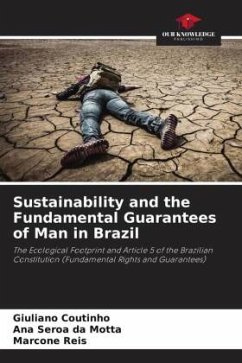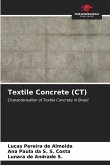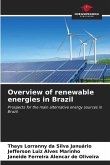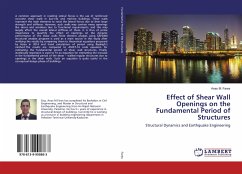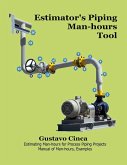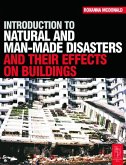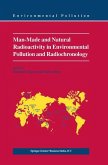Fifty years ago, rising global temperatures, shortages of drinking water, climate change and environmental degradation were unimaginable, almost fictional realities, but today they are part of everyday life. Researchers in various parts of the world are looking for solutions to the ecological imbalance and the preservation of human populations' quality of life. Among the various proposals that have been drawn up, the methods for measuring anthropogenic impacts on the environment stand out. For this reason, this study looks at one of the most widespread sustainability methodologies, the Ecological Footprint, and compares it with Article 5 of the Brazilian Federal Constitution of 1988, which guarantees Fundamental Rights and Guarantees, both individual and collective, in order to see if its precepts comply with the principles established in the country's charter. To this end, a comparative matrix was constructed, where it was possible to examine that the Ecological Footprint does not directly observe or guarantee any of the constitutional prerogatives.
Bitte wählen Sie Ihr Anliegen aus.
Rechnungen
Retourenschein anfordern
Bestellstatus
Storno

